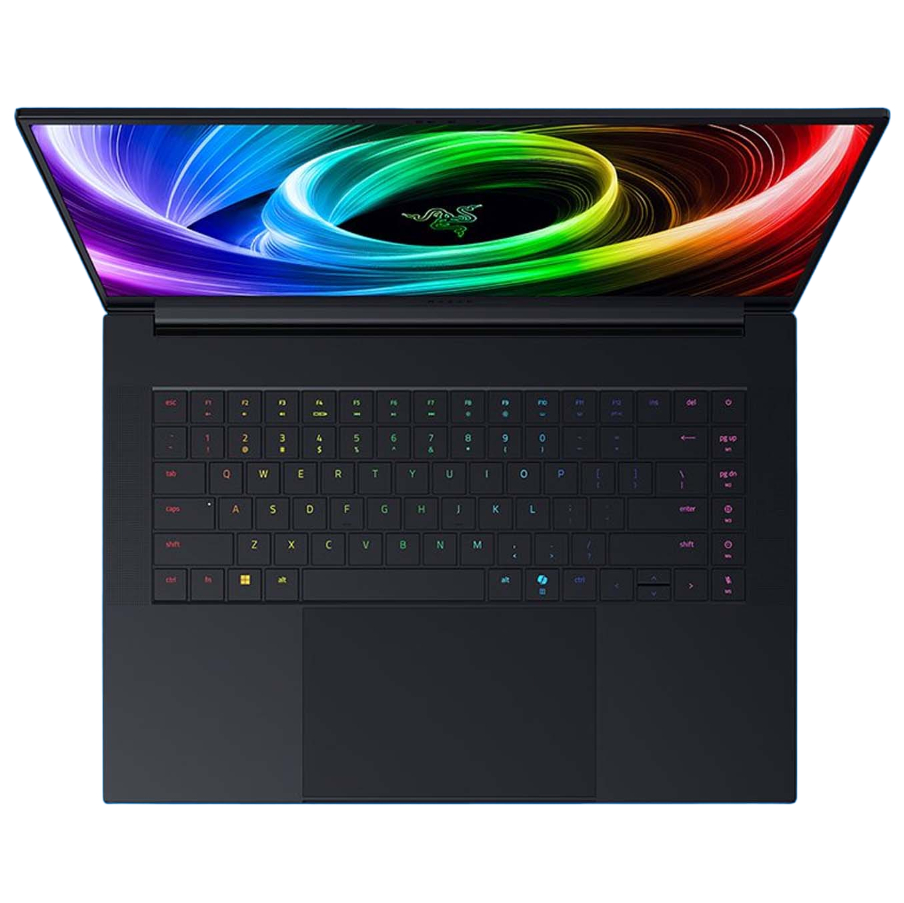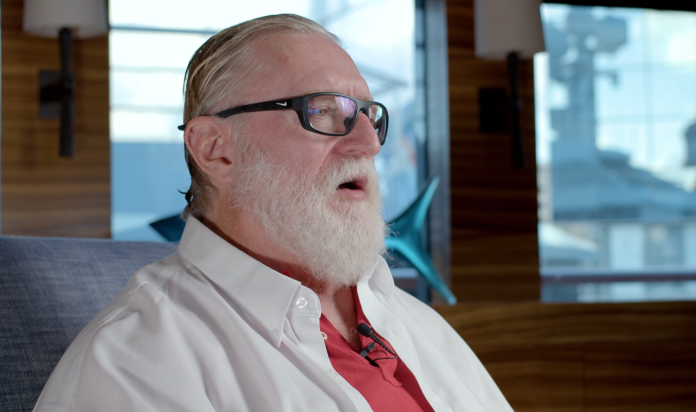Gabe Newell Full Interview (2025) – AI, Gaming & Success – YouTube 
In a lengthy interview with YouTuber Zalkar Saliev (TikTok, Instagram), Valve co-founder Gabe Newell attributed his billions to “luck” and “being surrounded by great people.”
Asked whether there’s a difference between enormously wealthy entrepreneurs and everyone else, Newell said that the only reason to think so comes from “unsound” analysis. (The topic comes up around 30 minutes into the video.)
“There’s this thing called survivor bias, where if you study the people who are in a certain category, you don’t realize that just because they share a characteristic, there was no causality to it at all,” Newell said.
Rather than crediting his success to a special personality trait that only super-hustlers are born with or an ancient and forbidden LinkedIn posting technique, Newell said that he was “very lucky” in his career, which includes having the good fortune to work with people like Neil Konzen and Doug Klunder and Jeff Harbers—early Microsoft employees—and others during the personal computing revolution.
“Continuing to be lucky enough to be around people like them, and having the roll of the dice continue to go in my way—I think that’s how I’ve ended up where I am,” Newell said.
He did play his cards pretty well, though. Newell started Valve in 1996 with fellow ex-Microsoft employee Mike Harrington. The company’s first game, Half-Life, was a success, and Valve could have simply carried on adding employees and producing popular games, becoming a large public game developer akin to a Ubisoft or EA.
That would’ve made Valve a success by many measures, but if it had gone that route there’s a decent chance it’d be owned by Microsoft by now, and Newell would be busy drafting unconvincing letters explaining why he just laid off 100 people.
Instead, Valve stayed private and picked its shots with a stunning hit rate, working with modders and changing the trajectory of PC gaming with the Source engine and ultra-influential hits like Counter-Strike, Half-Life 2, Team Fortress 2, Portal, and Dota 2.
Even more significantly, Valve launched Steam in the early 2000s, beating console makers to mass digital distribution by years and becoming the de facto PC game store as access to broadband internet grew.
Steam features such as friends lists, seasonal sales, the Steam Marketplace (and all those hats), Early Access, user reviews, and Steam Greenlight, which gave indies a path to Steam listings and was later replaced with direct self-publishing, have been enormously influential on PC gaming and gaming in general. Valve’s recent work to popularize Linux gaming by way of SteamOS and the Steam Deck may become another thing we look back on as one of its revolutionary efforts.
Valve’s had its missteps, and whether or not it’s good for one company to have so much power and for one man to have so many knives and yachts is up for debate, but it isn’t really debatable that Newell and Valve have had a direct and extremely important role in building PC gaming into the mainstream activity it is today.
He takes a ‘right place/right time’ view of his life’s work.
“I mean, it would be great to say I’m just this absolutely fucking wonderful person, and that I earned all of this, and that this expresses my awesomeness, but there was an awful lot of luck that went into it,” Newell concluded on the topic.
In another part of the interview, Newell says that he’d originally thought he would be a doctor, but went into programming as a career following an encounter with Steve Ballmer at Microsoft.
Aside from Valve, Newell has founded a neuroscience company called Starfish and an ocean exploration organization called Inkfish.

